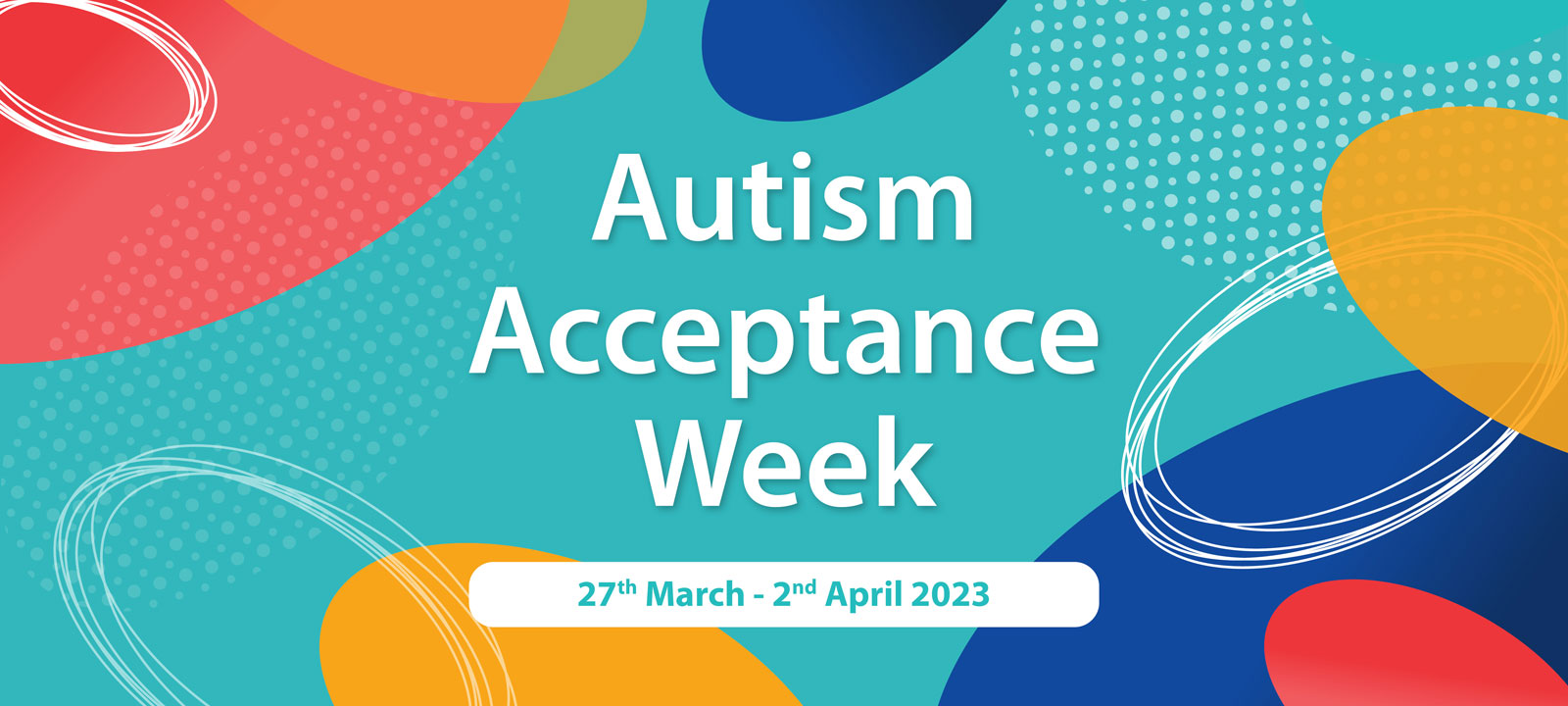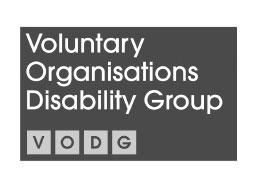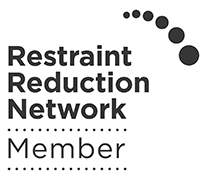Autism Acceptance Week 2023
Monday 27 March, 202327th March to 2nd April marks Autism Acceptance Week, a week which aims to bring attention to autism, both to educate people, and help make the world a more inclusive place for autistic people.
Autism affects how people communicate and interact with the world and can be looked at as four areas of difference: communication, social interaction, sensory processing, thinking style. Understanding these differences is a key factor in providing appropriate and effective support. An estimated 700,000 people in the UK live with autism and without the right support, it can have a profound, and sometimes devastating effect on individuals and their families.
Supporting over 200 autistic people across the UK, Real Life Options support and empower people with learning disabilities and autism to have more choice and greater control over their lives. This week, Real Life Options join organisations around the world in talking about autism.
Whilst autism awareness continues to grow, there is still a lot of confusion about what autism is, and how it affects people. Here, we debunk 5 common myths about autism.
Myth 1: Autism is a learning disability
There is a common misconception that autism is a learning disability, however this in not true! In fact, around 55% of Autistic people don’t have a learning disability.
Myth 2: Autistic people can’t understand change
Not true. If change is communicated effectively, it gives autistic people the chance to process the change in their own way.
Myth 3: Autistic people don’t have empathy
False. Lots of autistic people experience extreme feelings of empathy towards others but may present it in a different way to neurotypical people.
Myth 4: Autistic people hate crowded places
This myth is untrue. Whilst being in a crowded place can enhance sensory issues, disliking crowds has little to do with Autism. Some autistic people prefer crowds as there is less pressure to maintain eye contact and interact with one person.
Myth 5: Everyone is a bit autistic
This is simply not true. Some people have autistic characteristics, but that doesn’t make them autistic.












